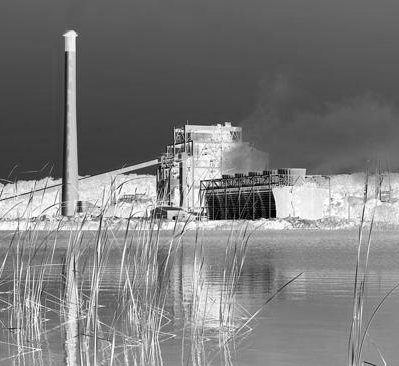Research calls to scrap coal
 A new report warns Australia must stop burning coal by 2030 if it wants to help limit global warming to 1.5 degrees.
A new report warns Australia must stop burning coal by 2030 if it wants to help limit global warming to 1.5 degrees.
New analysis by Climate Analytics calls for a national plan to phase out the remaining coal-fired plants faster than is currently planned.
The report says such a plan is needed to provide the energy sector with certainty.
Australia’s coal power stations are increasingly unreliable, particularly during extreme heat waves, and they have extremely weak air pollution controls, causing substantial adverse health effects.
If Australia’s power plants continue to operate to the end of their technical lifetimes, as current policies foresee, they would emit 194 per cent more than the remaining Paris Agreement power sector carbon budget for coal.
“Australia has a massive potential for renewable energy and replacing coal with renewables will have large economic and environmental benefits in terms of jobs, lower power costs, and reduced air pollution. Yet international investors are increasingly wary of us as a country, because of our continued reliance on coal – and we stand to lose out, economically,” said Bill Hare, CEO of Climate Analytics.
As temperatures rise, Australia should see less winter rainfall, more drought, more frequent periods with a higher wildfire risk, a longer fire season.
“Clearly the world needs rapid emissions cuts and Australia must play its part in fighting climate change, and it could start by switching from coal to renewables in its own electricity system,” said Hare.
The report is accessible in PDF form, here.







 Print
Print